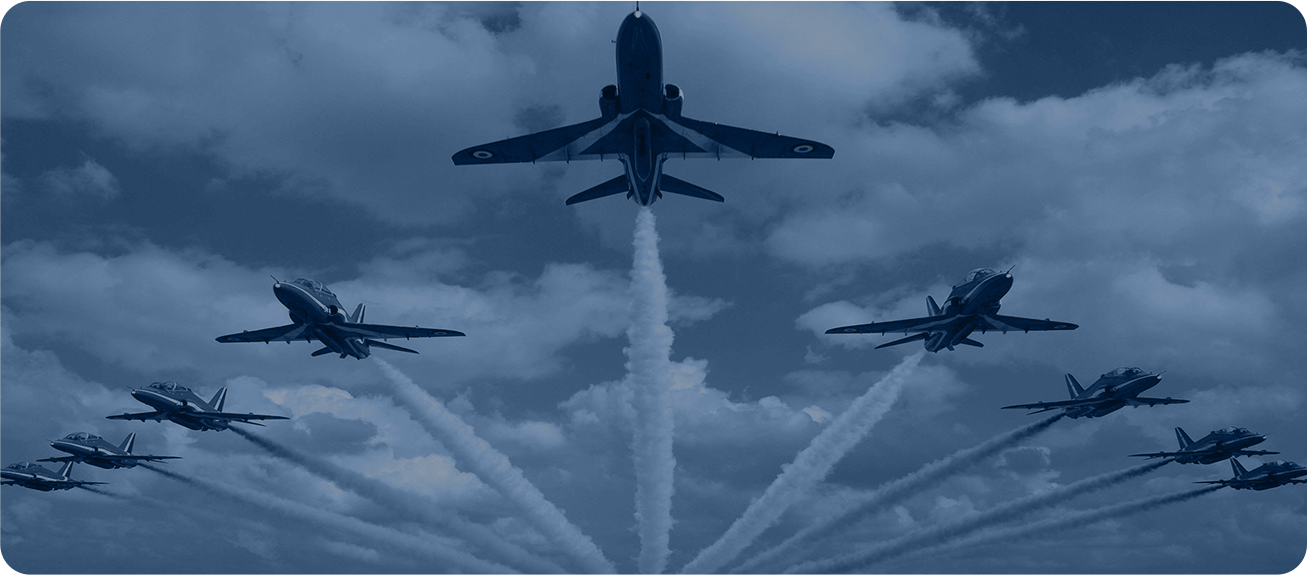- 7,030
- 112
- 545
I know many people who happened to have served within HM Armed Forces and have done well. Some have excelled beyond belief.
One thing I've noticed in my post RAF times is that the majority have done incredible things so what is it that drives people to succeed once they've given the uniform up?
There are of course others that don't make it and that's another conversation
What makes an ex service person stand out from their civilian counterparts?
One thing I've noticed in my post RAF times is that the majority have done incredible things so what is it that drives people to succeed once they've given the uniform up?
There are of course others that don't make it and that's another conversation
What makes an ex service person stand out from their civilian counterparts?

